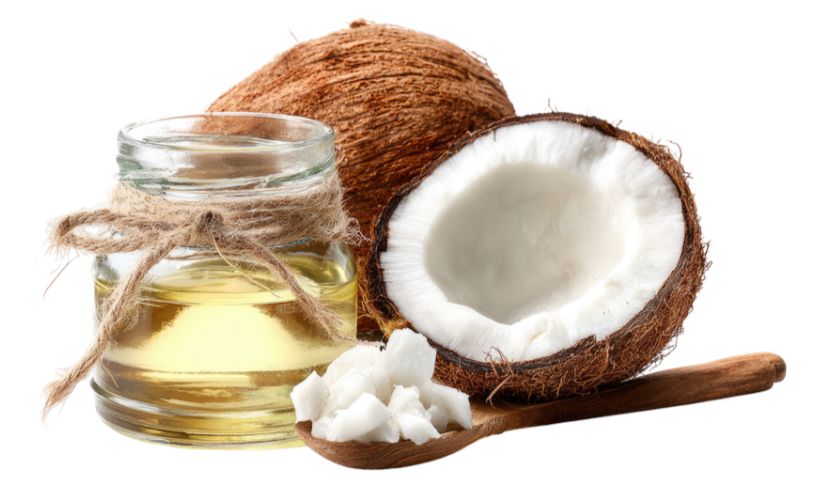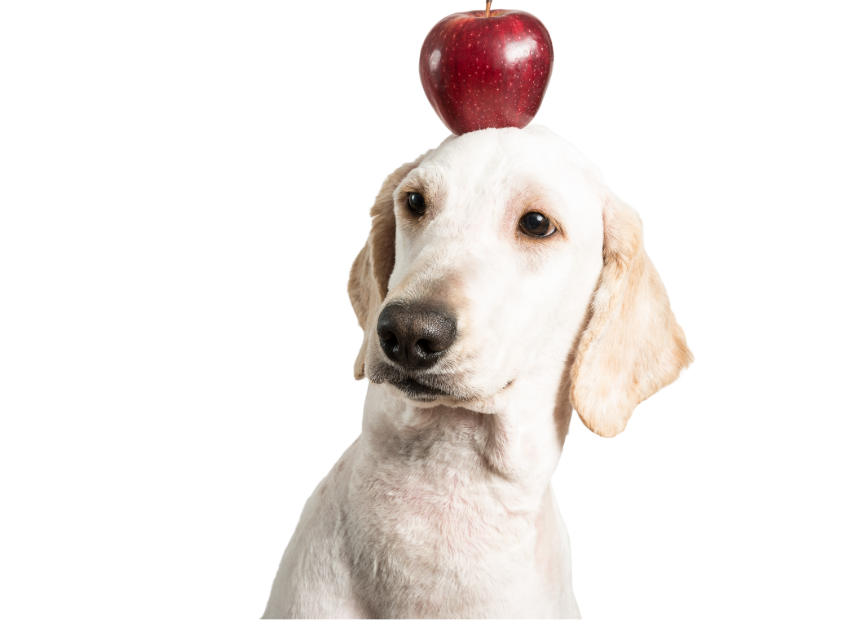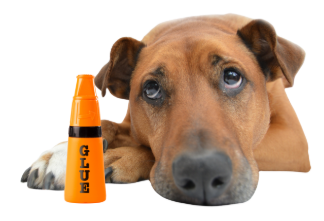Alcohol and Yeast Dough Toxicity
Alcoholic drinks and rising yeast dough both contain ethanol, which can cause serious toxicity in pets.
Coconut and Coconut Oil
While not toxic, coconut products like oil/ milk have high-fat content, which can lead to discomfort, especially in pets with sensitive stomachs.
ADHD Medications
ADHD medications often contain stimulants, which can be harmful to pets if ingested. Even small amounts can lead to concerning clinical signs, which require intervention.
Ginkgo Trees
Ginkgo trees are beautiful in fall, but their fruit and seeds can make pets sick. The fleshy coating irritates the stomach, and the seeds contain compounds that may cause tremors or seizures if eaten in large amounts.
Pumpkins and Gourds
While pumpkins and gourds are beautiful Fall decorations that are often considered safe, they can pose some health hazards to pets. Read along to find out more.
Acorns and Oak Trees
Acorns may be a symbol of Fall, but they’re not safe for pets. Acorns and oak leaves contain tannins that can irritate the stomach and intestines, leading to vomiting, diarrhea, or abdominal pain. Read more.
Apples and Crabapples
Apples and crabapples are safe for people, but not all parts of the plant are safe for pets. Seeds, stems, and leaves contain harmful compounds, and rotten fruit can create additional risks. Read more about this.
Autumn Crocus
Autumn crocus is beautiful but extremely dangerous for dogs and cats. Read along to discover the possible signs seen with ingestion of this beautiful, but dangerous, plant.
Battery Ingestion
Batteries are everywhere in our homes—inside remotes, toys, key fobs, flashlights, and hearing aids. Unfortunately, if a dog chews or swallows a battery, it can quickly become a medical emergency.
When a battery is punctured or swallowed, the alkaline or acidic material inside can leak out, causing severe corrosive injury to the mouth, throat, esophagus, or stomach.
Mothball Toxicity
Mothballs are small, round pesticide products commonly used in closets, drawers, and storage bins to repel or kill moths and other fabric-eating insects. They may seem harmless, but to dogs and cats they can be highly toxic. Pets often find them interesting because of their smell or play-like shape, which can lead to accidental chewing or swallowing.
Peace Lily Toxicosis
Peace lilies contain insoluble calcium oxalate crystals. When ingested, these sharp crystals embed into tissues of the mouth and throat, causing immediate pain and irritation.
Silica Gel Packets
Silica gel packets, often found in shoes, bags, or pill bottles, are generally low toxicity for pets. The main risks are stomach upset and, if a whole packet is swallowed, possible obstruction.
Chrysanthemums (Mums) and Pet Toxicity
Chrysanthemums contain natural insecticidal compounds that can upset your pet’s stomach or worse. Even small amounts can cause drooling, vomiting, and diarrhea.
Marijuana Toxicity
Marijuana can be toxic to pets. Even small amounts—especially edibles or concentrated oils—can cause serious signs like wobbliness, urine dribbling, vomiting, and extreme sensitivity to touch (often around the head). Learn more.
Moldy Food and Neurotoxicity in Dogs
Moldy foods/compost/trash can contain a mold that leads to neurological signs in your dog. Learn more here.
Antihistamine Toxicity, Pseudoephedrine
Anti-histamines are sometimes prescribed by veterinarians to help with allergies in dogs, but beware that the product you select does not contain pseudoephedrine, which can be highly toxic!
Construction Glue Ingestion
Polyurethane-based construction adhesives, often used for home repairs, can react with moisture and create a solid foam mass in the stomach. This leads to a dangerous gastric obstruction, bloat-like signs, and even ulceration. Emegency call to animal poison control is needed, and likely emergency veterinary care will follow.
Tiki Torch Oil Exposure
Tiki torch oil might look harmless—but it’s toxic if inhaled or ingested by pets.
Even small exposures can lead to chemical pneumonia, vomiting, or worse. Learn more here.




















